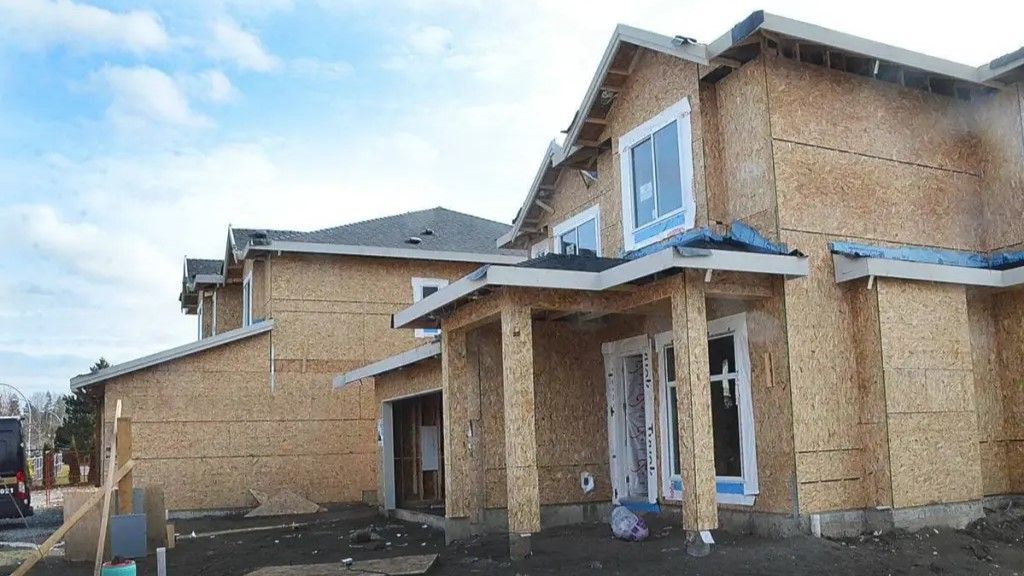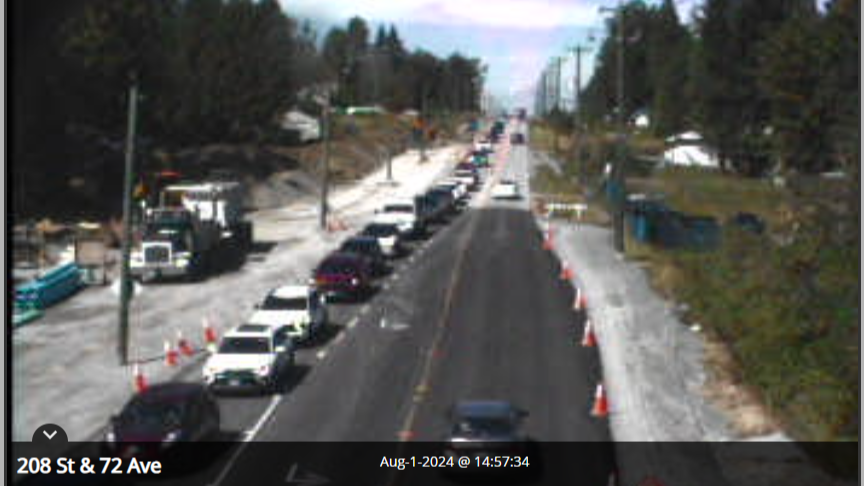Vancouver’s Affordable Home Ownership Pilot Program
You may have heard that the City of Vancouver was thinking of approving a pilot program to buy homes from developers and sell them at a discounted price to help moderate income earners become home owners. Well, the City approved the program last week! “The city will need approval from the province to amend the Vancouver Charter — […] The post Vancouver’s Affordable Home Ownership Pilot Program appeared first on Andy Schildhorn, PREC.
You may have heard that the City of Vancouver was thinking of approving a pilot program to buy homes from developers and sell them at a discounted price to help moderate income earners become home owners. Well, the City approved the program last week!
“The city will need approval from the province to amend the Vancouver Charter — the city’s provincial statute — to allow for the program.
The report says the process should take at least eight months.
… These are some preliminary criteria for prospective buyers:
-
Be a resident of Vancouver for the past five years.
-
At least one buyer must be employed.
-
Maximum household income for studio and one-bedroom units for singles and couples with no dependent children living at home, $67,540/year.
-
Maximum household income for two-or-more-bedroom units for single/dual parent families with dependent children living at home, $96,170/year.
-
Buyer must be the sole occupant, no renting allowed.”
The post Vancouver’s Affordable Home Ownership Pilot Program appeared first on Andy Schildhorn, PREC.







